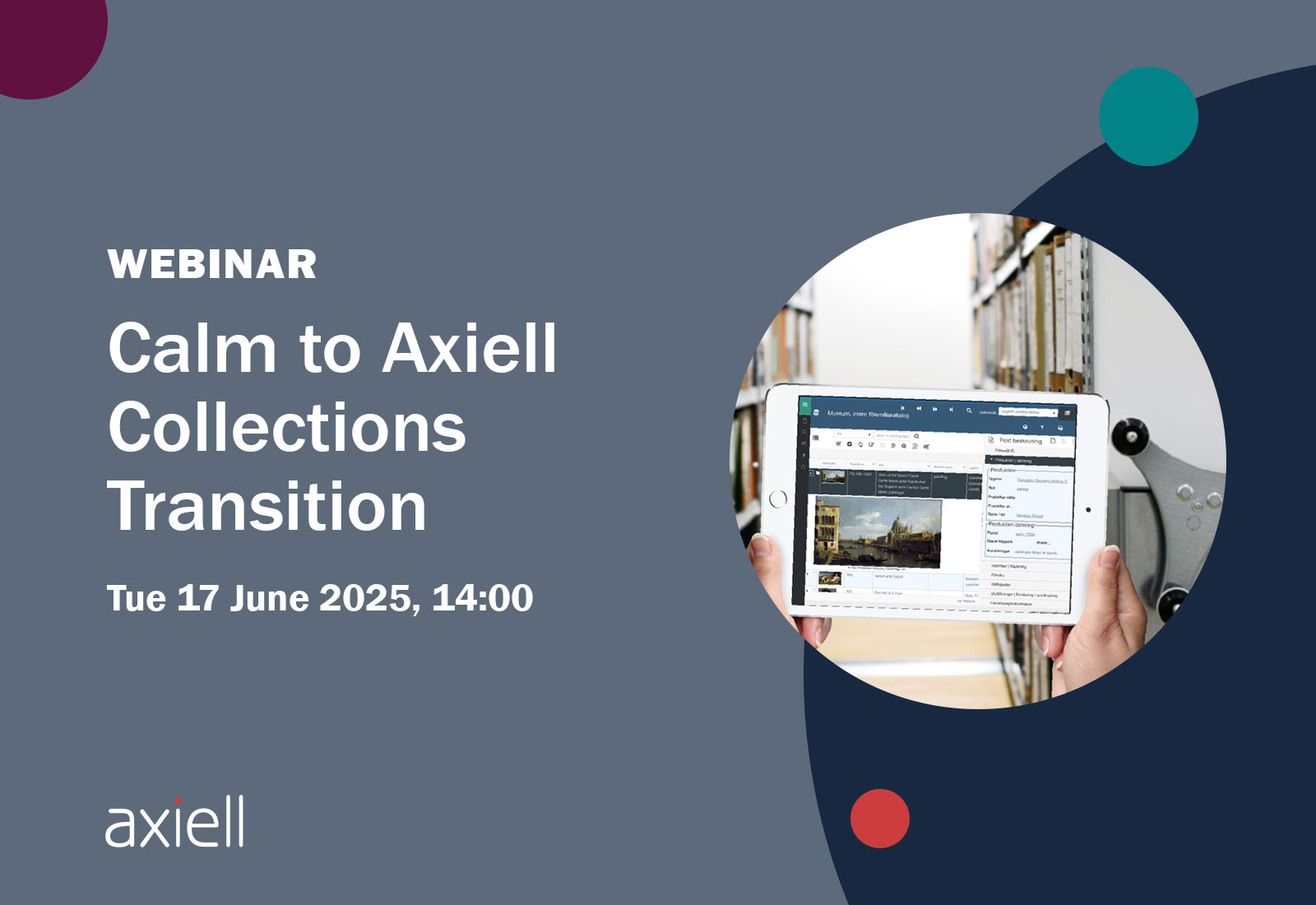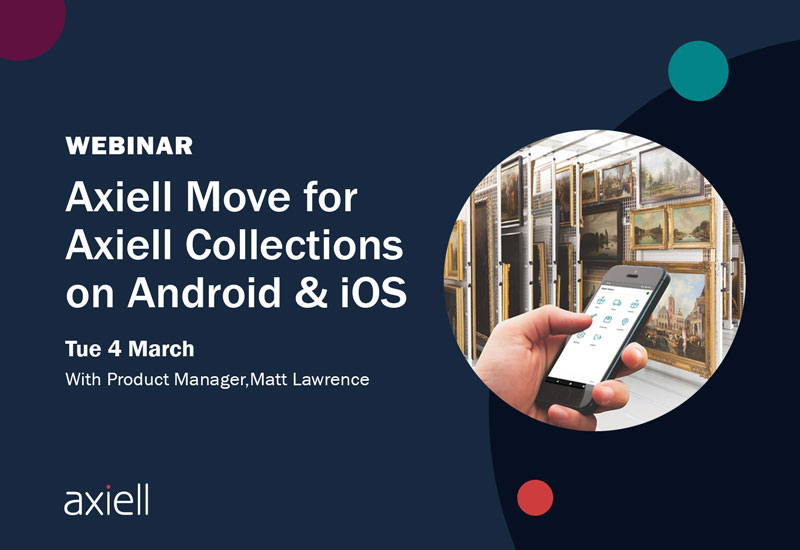Sven Totté, Director for Business Area Public Library, Axiell:
In the movie Ex Machina, the protagonist asks the master if the robot is “non-deterministic”.
Some baulk and wince at the question, nothing programmed is “non-deterministic”. Others love it, it confirms the endless and fantastic possibilities of Artificial Intelligence (AI) and robots and mocks the other party with “We congratulate you on your free will!”
The trend is here. AI development is strong. There is a lot of buzz and many articles about robots taking over, mostly positive, even if it is often stated that half of current jobs will disappear. Still there are nuances to this. What do we, as human beings, want with this progression and development?
Libraries should take a stronger position on this. These issues should be themes on the library webpages and routine program activity in libraries. It can be handled on many levels; from do-it-yourself AI-programming labs, to lectures from any nearby university philosophy/physics/AI professor, a sci-fi author or checking out the latest successes of IBM Watson in the field of medicine…
The library could arrange physical and digital events on these high level themes, using fiction and non-fiction and cooperating with a local or regional museum on the history and future of technology could be fruitful. Maybe the local theatre has a play planned that connects to the themes, which could present opportunity for collaboration. There are a lot of opportunities.
A lot of material could be produced centrally, but activities are normally local.
In the discussions on how libraries will transform in to the future, there is much focus on moving from a collection-based approach to a relation-based approach. We see the library acting on key trends in society utilising both approaches. You establish a relationship with your community by combining the best of what your collections can offer with the librarian’s knowledge of resources and ability to make information exciting. Because, overall, greater knowledge, creativity and participation adds to the common experience of the community.




